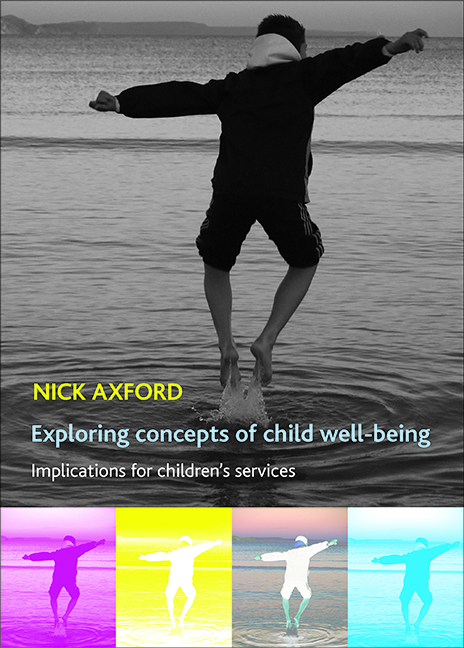Summary
Exclusion and inclusion are universal features of human interaction, from global migration patterns to playground cliques. Divides are often given concrete form, for example the security gates that bar non-residents from elite housing developments, or the membership criteria that preserve the integrity of social clubs. These divisions are imposed formally, but often they arise from more subtle judgements about appearance and creed. The experience of being excluded can also be positive, although usually it entails a sense of losing out; this depends largely on whether it is volitional or coerced. Whichever way, one group's inclusion implies de facto another's exclusion (Silver, 1994; Jordan, 1996).
The concept of social exclusion is now widely used by policy-makers and social policy analysts in the UK, European Union (EU) and beyond to describe all manner of phenomena (Percy-Smith, 2000b; Hills et al, 2006; Levitas, 2006; Sheppard, 2006). It has been associated with the ‘highly visible disorders of youth’ (Roche and Tucker, 2003, p 440) that the majority finds hard to accept (Hill et al, 2004); indeed some have argued that all children are socially excluded because they are not part of the adult-dominated processes by which inclusion is defined (Ridge and Millar, 2000). But is this perspective useful or does it add little value to the understanding of child well-being, as some have suggested (eg Micklewright, 2002)? The first half of this chapter examines the origins of the concept of social exclusion and its defining features to see whether Sen's (2000) claim that the term is often used to recast traditionally recognised problems in a new light without offering any fresh insight is true, or if, used carefully, it can provide significant analytic advantage.
Concept
Origins of the concept
The concept of social exclusion originates in France. When the then government minister René Lenoir (1974) estimated that 10% of the French population were excluded from society he was referring to groups unprotected by social insurance – mentally and physically disabled people, the elderly and infirm, drug addicts, delinquents and so on. Subsequently the term ‘social exclusion’ came to be used widely to describe the product of a clutch of empirical trends, notably increasing and persistent unemployment, the failure of the state to protect those so affected, and the concentration of deprivation and ensuing social unrest in suburban social housing estates (Yépez del Castillo, 1994; Evans et al, 1995).
- Type
- Chapter
- Information
- Exploring Concepts of Child Well-beingImplications for Children's Services, pp. 73 - 88Publisher: Bristol University PressPrint publication year: 2008



